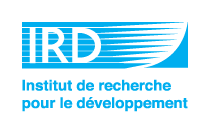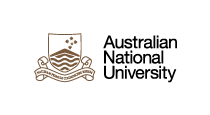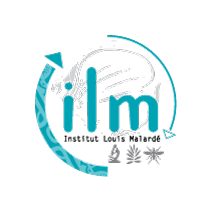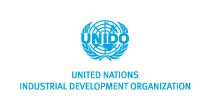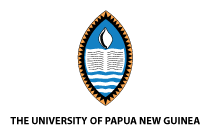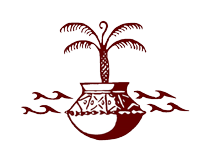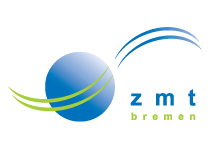The IRD (Institut de recherche pour le développement) is a French research organisation, original and unique on the European development research scene.
Emphasizing interdisciplinarity, the IRD has focused its research for over 65 years on the relationship between man and its environment, in Africa, Mediterranean, Latin America, Asia and the French tropical overseas territories.

